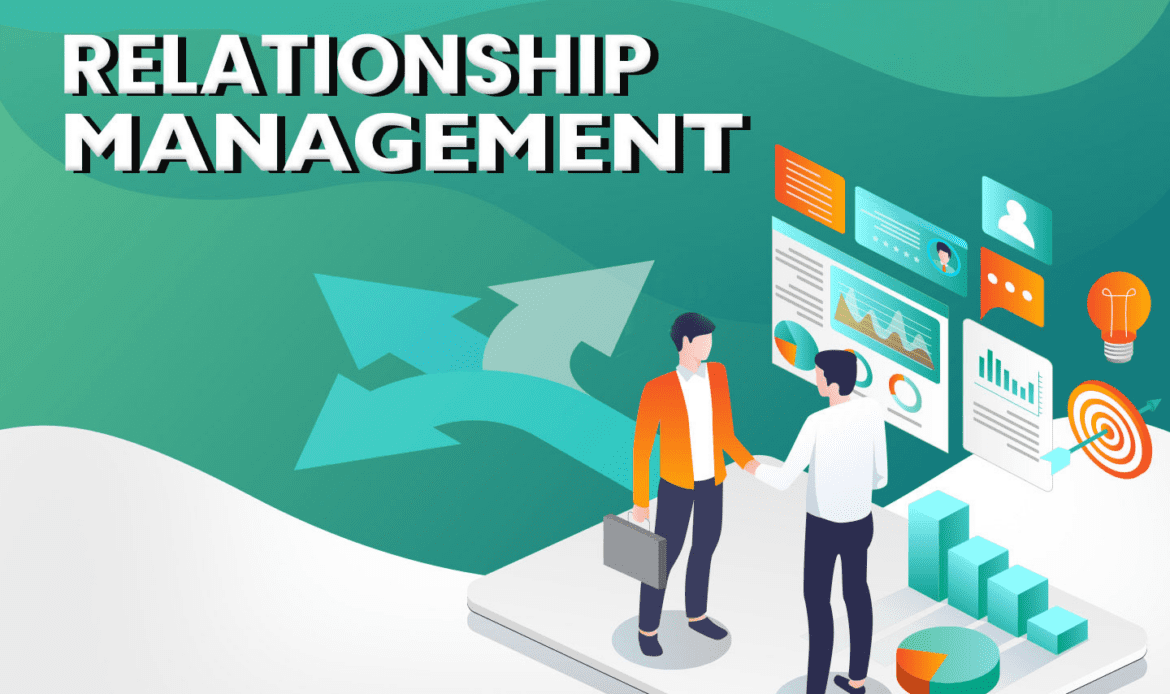
ERP and CRM (Enterprise Resource Planning and Customer Relationship Management) systems are essential tools for modern businesses. While ERP manages internal processes like inventory and finances, CRM focuses on building strong customer relationships. When integrated, these systems create a powerful combination that enhances business efficiency and customer satisfaction.
Key Takeaways
- ERP and CRM systems serve different but complementary functions in a business.
- Integrating ERP and CRM systems streamlines business processes and improves customer insights.
- Automating customer service with ERP can lead to faster response times and better customer experiences.
- Personalized customer interactions become easier with integrated ERP and CRM systems.
- Choosing the right system requires assessing business needs, evaluating features, and considering scalability.
Understanding ERP and CRM Systems
ERP systems are comprehensive software solutions that integrate and manage a company’s core business processes, including finance, human resources, supply chain, and more. These powerful tools provide a centralized platform for data management, streamlining operations, and improving decision-making. On the other hand, CRM systems focus on managing and enhancing customer interactions, enabling businesses to better understand and serve their customers.
The Benefits of Integrating ERP and CRM
Integrating ERP and CRM systems has many benefits for businesses. By seamlessly connecting these two critical components, organizations can achieve a 360-degree view of their operations, customers, and overall performance. INFAWORK has a build in CRM system to save your time and money. This integration is essential for customer relationship management.
How ERP Enhances Customer Relationship Management
Integrating ERP systems with CRM solutions can significantly boost how businesses manage customer relationships. ERP-driven CRM features enable businesses to improve customer relationships by providing a seamless and personalized experience. By integrating customer data from various departments, companies can ensure that all customer interactions are informed and consistent.
Automating Customer Service
ERP systems can automate many customer service tasks, such as tracking orders, managing returns, and handling customer inquiries. This automation not only speeds up response times but also reduces the chances of human error, leading to higher customer satisfaction.
Personalizing Customer Interactions
With ERP systems, businesses can gather and analyze customer data to create personalized experiences. This can include tailored marketing campaigns, customized product recommendations, and personalized communication. By understanding customer preferences and behaviors, companies can build stronger, more meaningful relationships.
Optimizing Sales and Marketing Efforts
ERP systems provide valuable insights into sales trends and customer behaviors. This information can help businesses optimize their sales and marketing strategies, ensuring they target the right customers with the right messages. Additionally, ERP systems can streamline the sales process by automating tasks such as order processing and inventory management, allowing sales teams to focus on building relationships and closing deals.
Choosing the Right System for Your Business
Selecting the right ERP and CRM systems for your business is a critical decision. Customer relationship management (CRM) and enterprise resource planning (ERP) are both crucial systems for any business, regardless of size. Here are some steps to help you make the best choice:
Case Studies of Successful ERP and CRM Integration
Integrating ERP and CRM systems can offer significant benefits for businesses, such as improved customer engagement, increased sales, and reduced costs. To illustrate the positive impact of such integration, here are three case studies of successful ERP and CRM integration projects:
Future Trends in ERP and CRM Integration
AI and Machine Learning
Artificial intelligence (AI) and machine learning are transforming how businesses operate. AI can automate repetitive tasks, freeing up employees to focus on more strategic activities. Machine learning can analyze vast amounts of data to provide insights that were previously impossible to obtain.
Cloud-Based Solutions
Cloud deployment is becoming the norm for ERP and CRM systems. This trend allows businesses to access their data from anywhere, at any time. It also reduces the need for expensive on-premises hardware and IT staff.
Mobile Accessibility
Mobile ERP and CRM solutions are on the rise. These systems enable employees to access critical business information on the go, improving productivity and responsiveness. Mobile accessibility ensures that your team can work efficiently, whether they are in the office or out in the field.
The future of ERP and CRM integration is bright, with advancements in AI, cloud technology, and mobile solutions leading the way. Businesses that embrace these trends will be well-positioned to stay ahead of the competition.
Conclusion
In conclusion, combining ERP and CRM systems is like bringing together two sides of the same coin. While ERP handles the internal workings of a business, CRM focuses on building strong relationships with customers. When used together, they create a powerful tool that can make a company run smoothly and keep customers happy. This partnership not only helps in managing day-to-day tasks but also in staying ahead of the competition. By integrating these systems, businesses can ensure they are efficient and customer-focused, leading to long-term success.
Frequently Asked Questions
What is an ERP system?
An ERP system, or Enterprise Resource Planning system, helps companies manage and integrate important parts of their business like inventory, orders, and finances.
What is a CRM system?
A CRM system, or Customer Relationship Management system, helps businesses manage their interactions and relationships with customers.
How do ERP and CRM systems differ?
ERP systems focus on internal processes such as inventory and order management, while CRM systems focus on customer interactions and improving customer satisfaction.
What are the benefits of integrating ERP and CRM systems?
Integrating ERP and CRM systems can streamline business processes, provide better customer insights, and improve decision-making.
How does an ERP system enhance customer relationship management?
An ERP system can automate customer service, personalize customer interactions, and optimize sales and marketing efforts.
What should I consider when choosing an ERP or CRM system?
When choosing a system, consider your business needs, the features of the system, and its scalability for future growth.